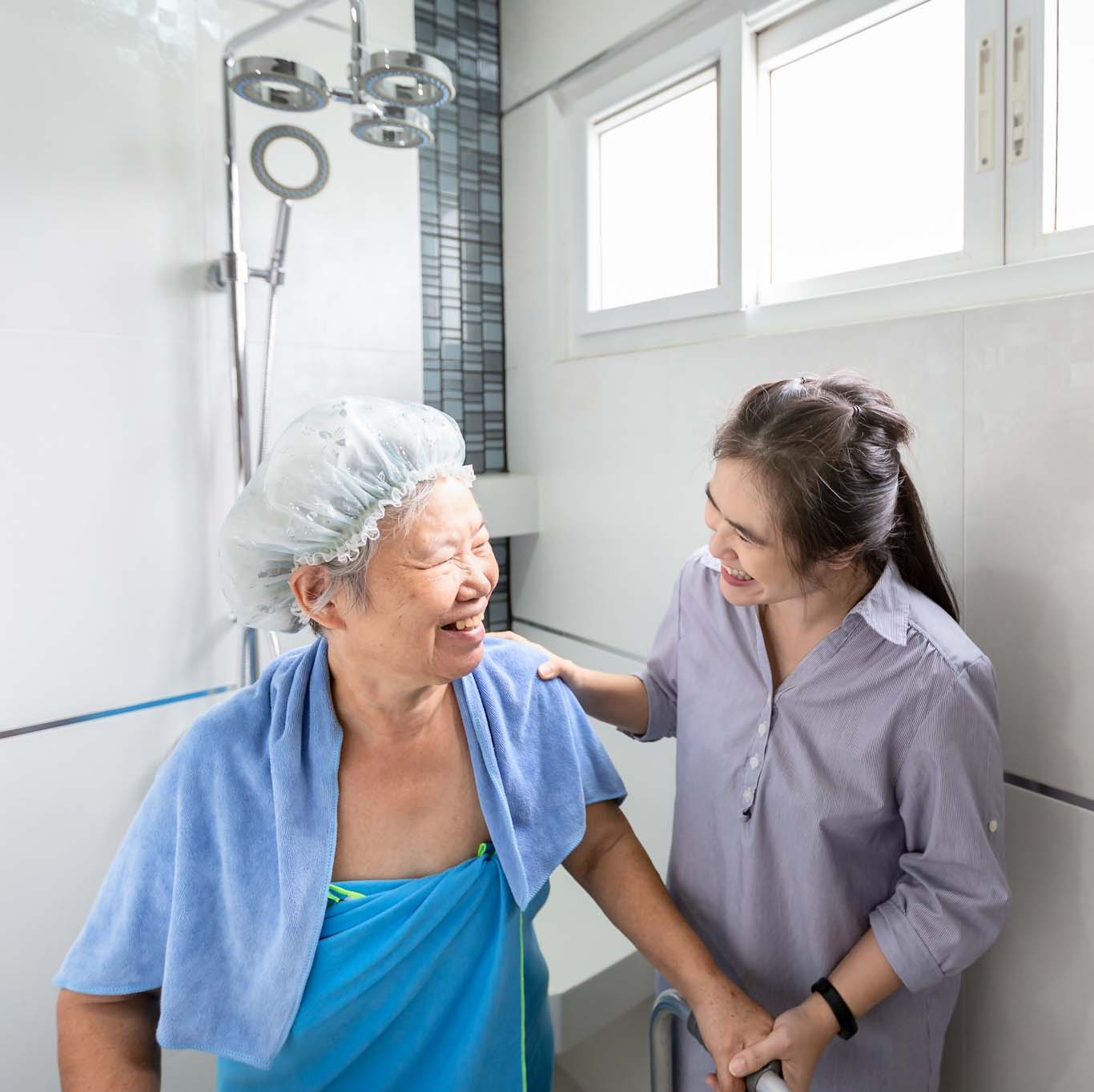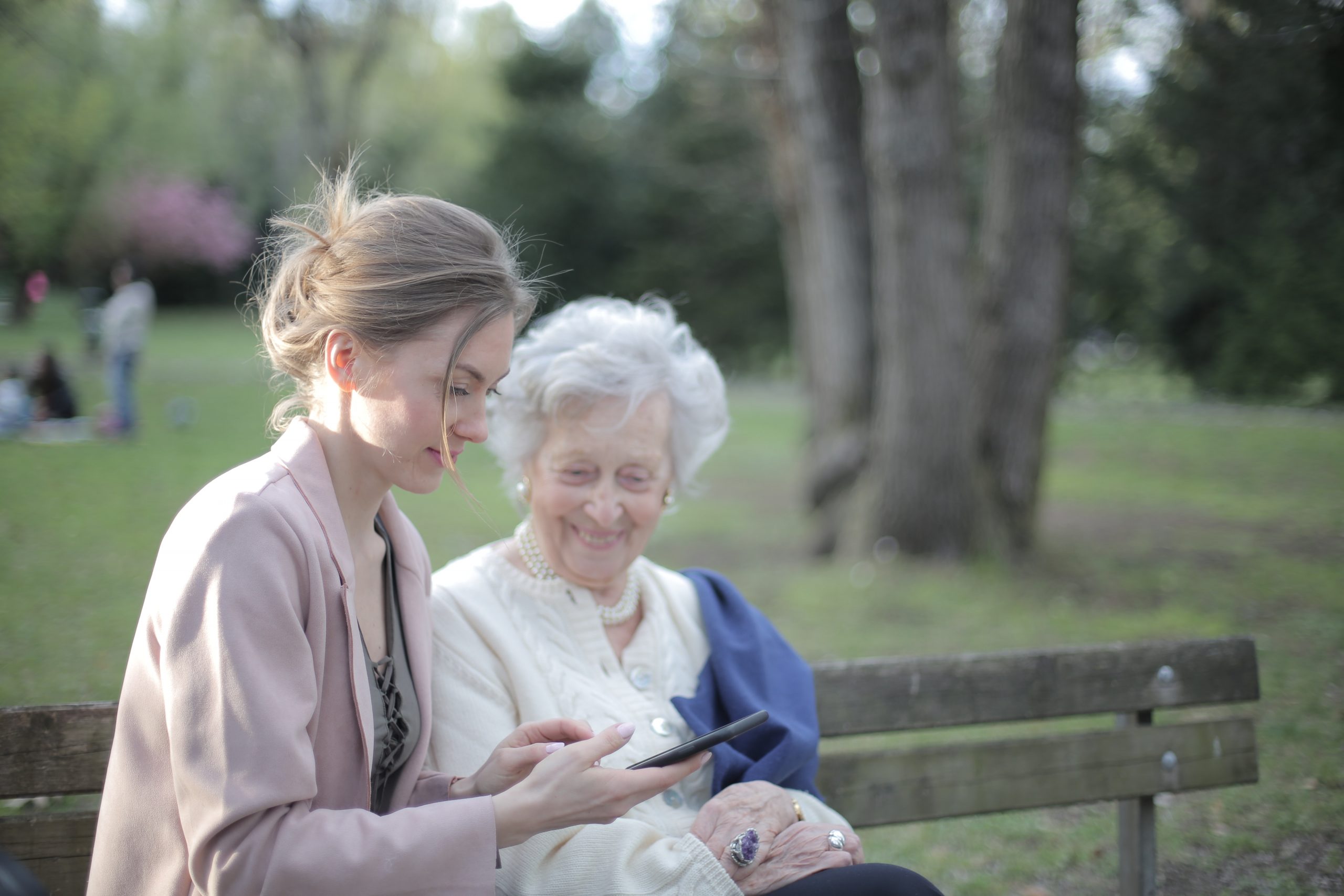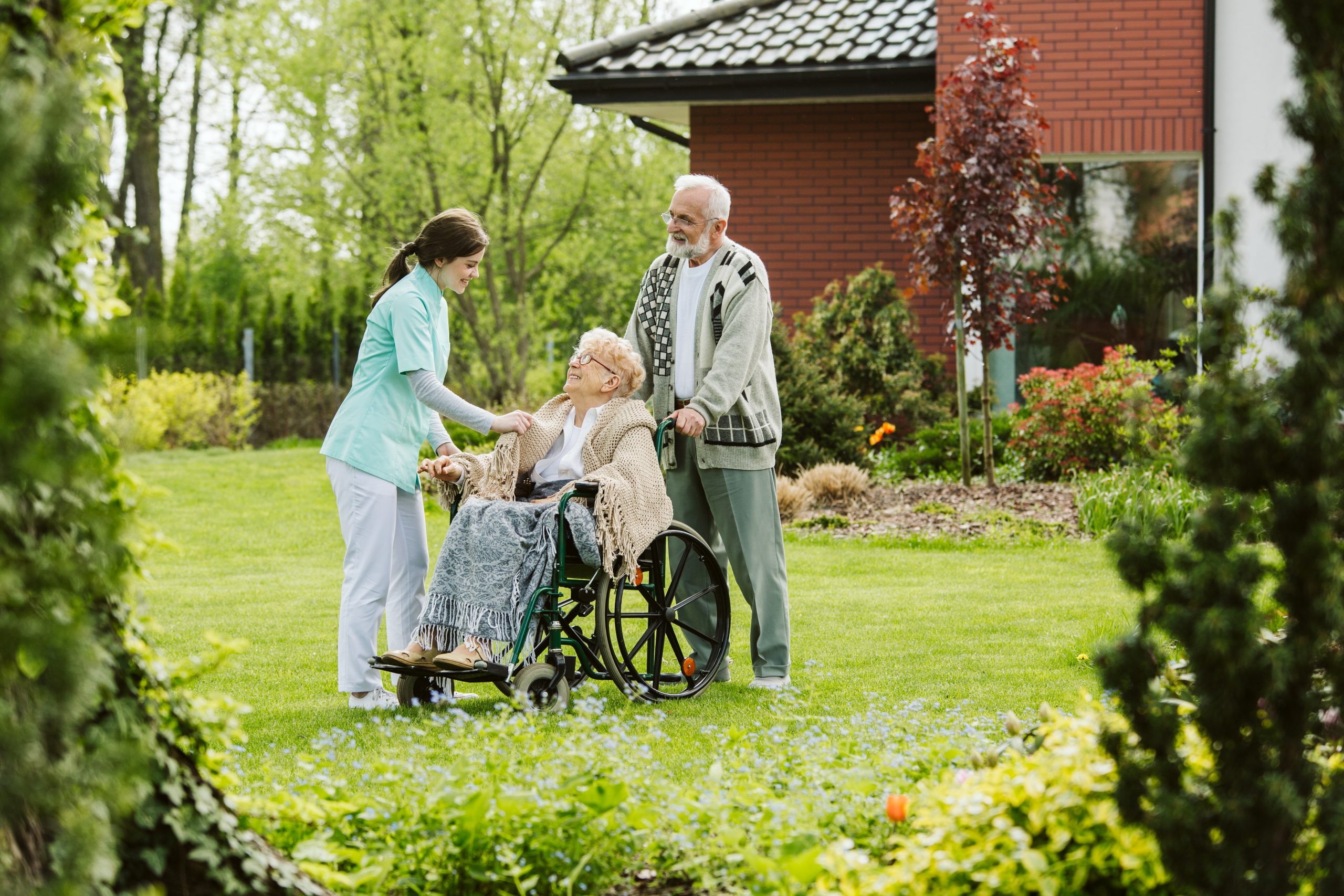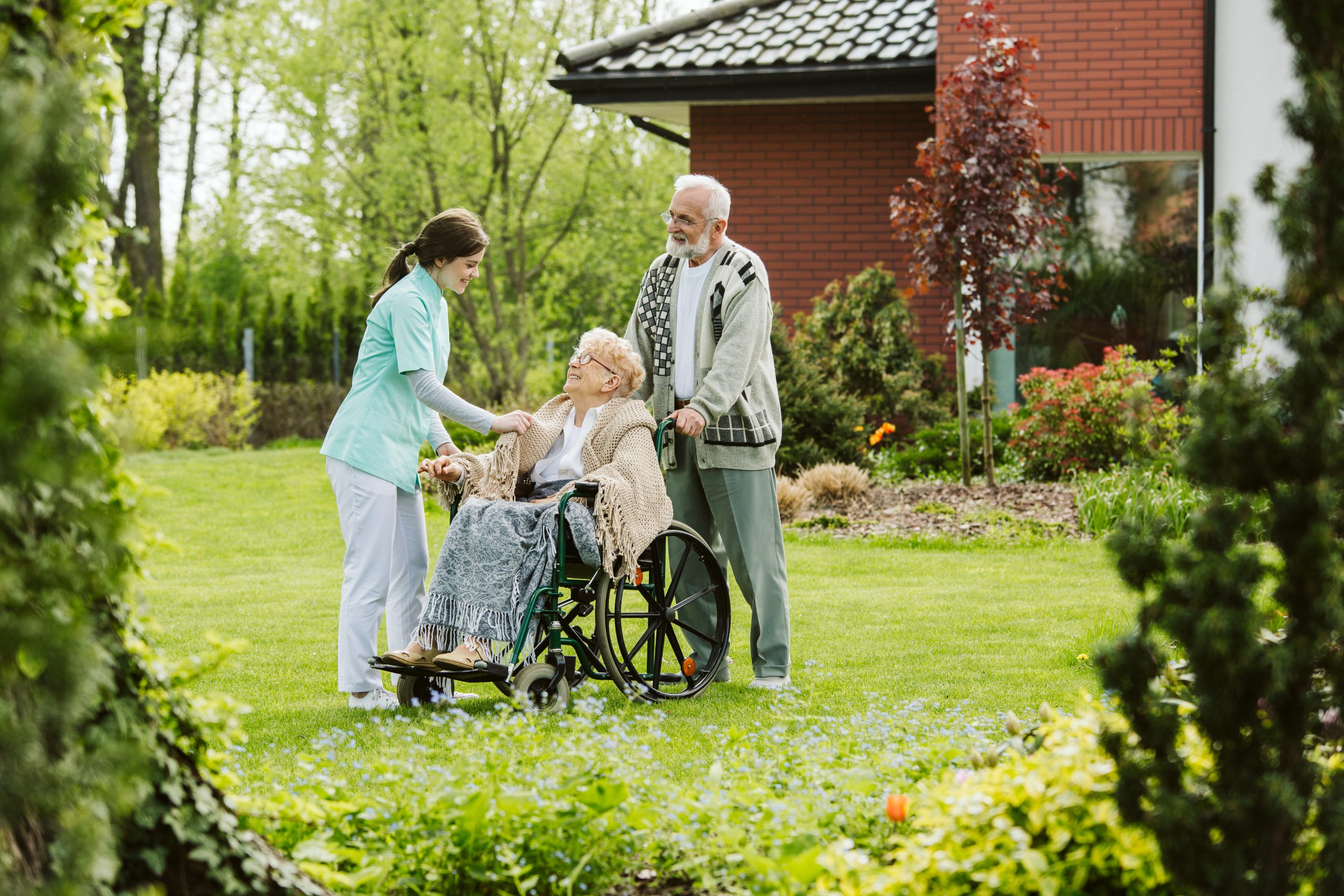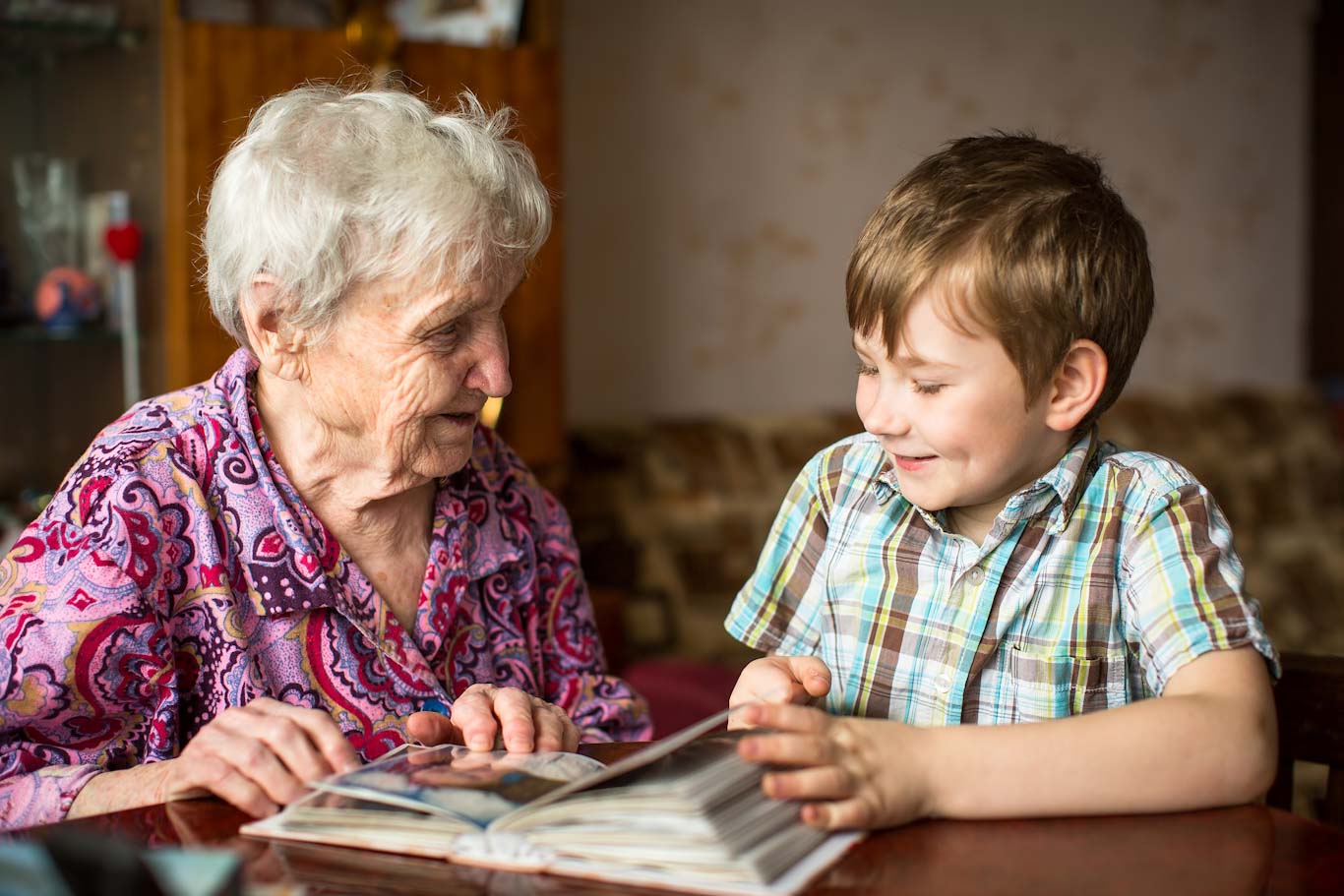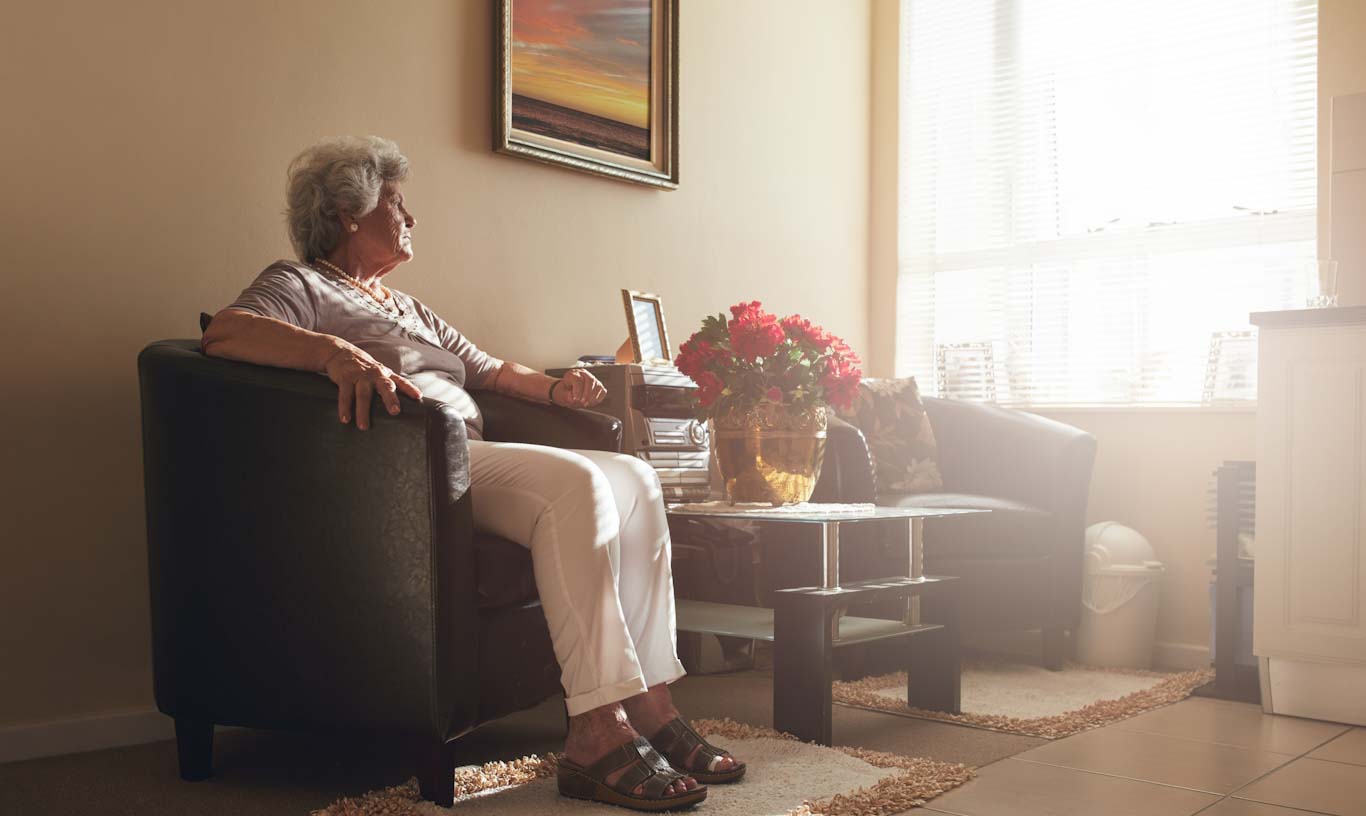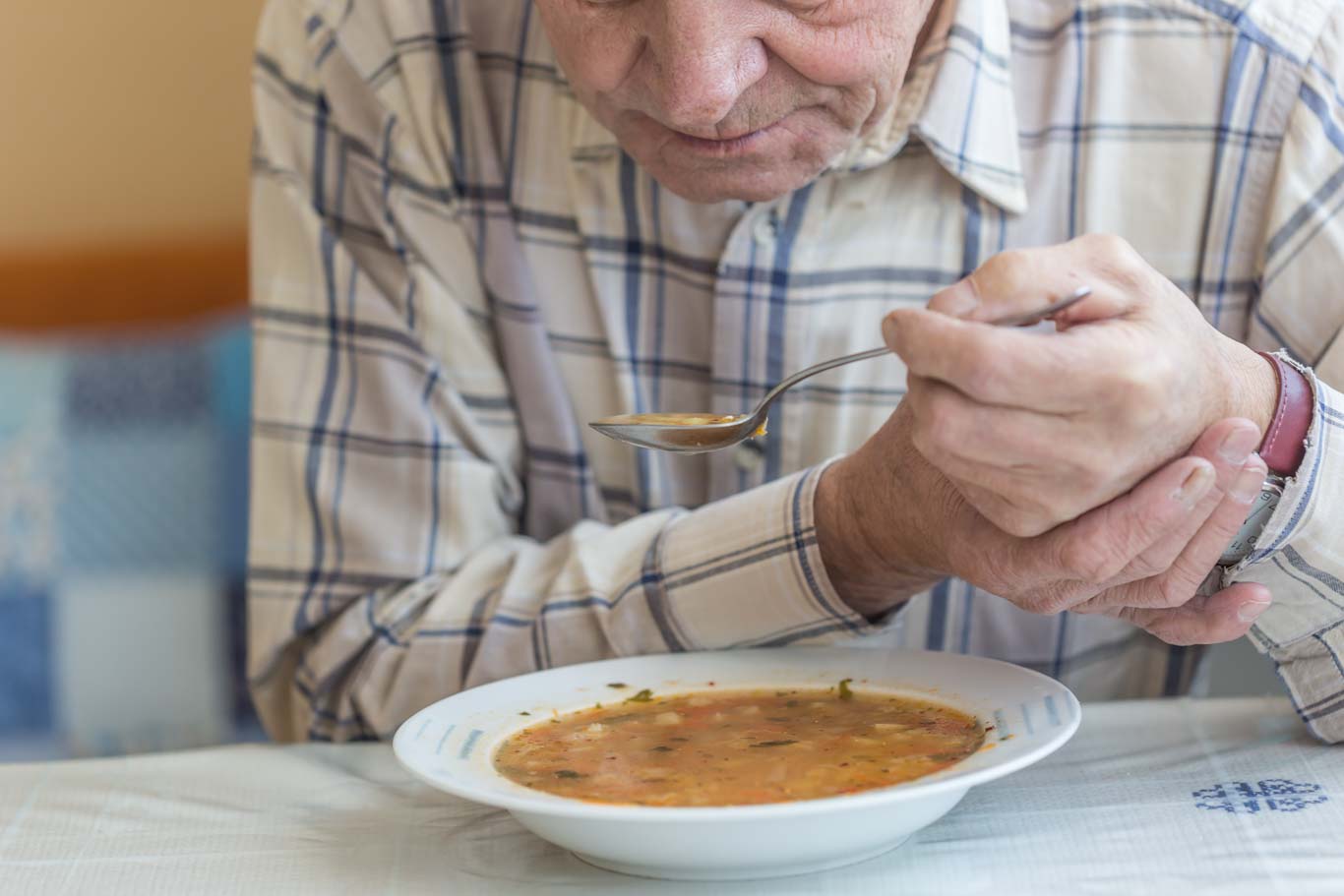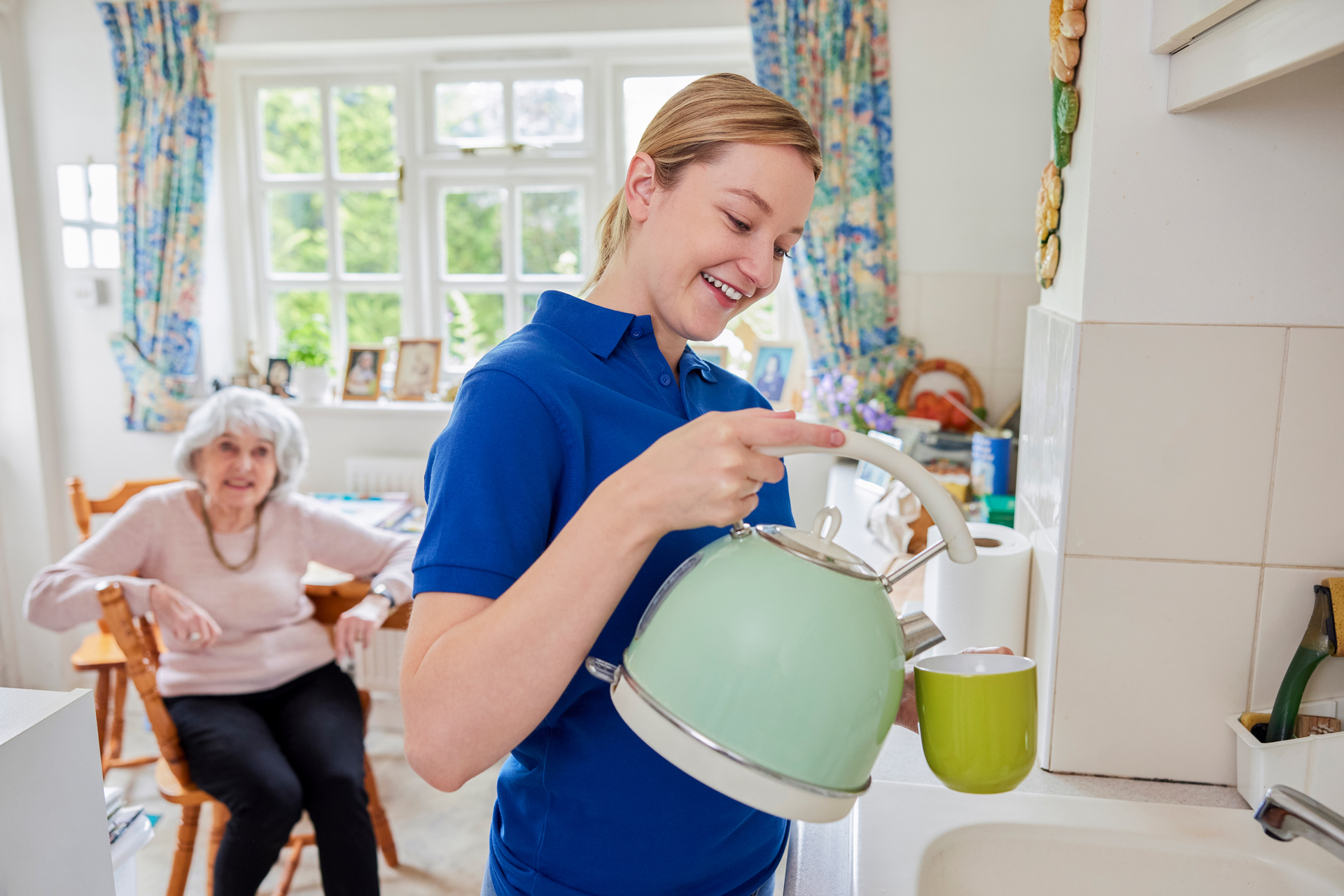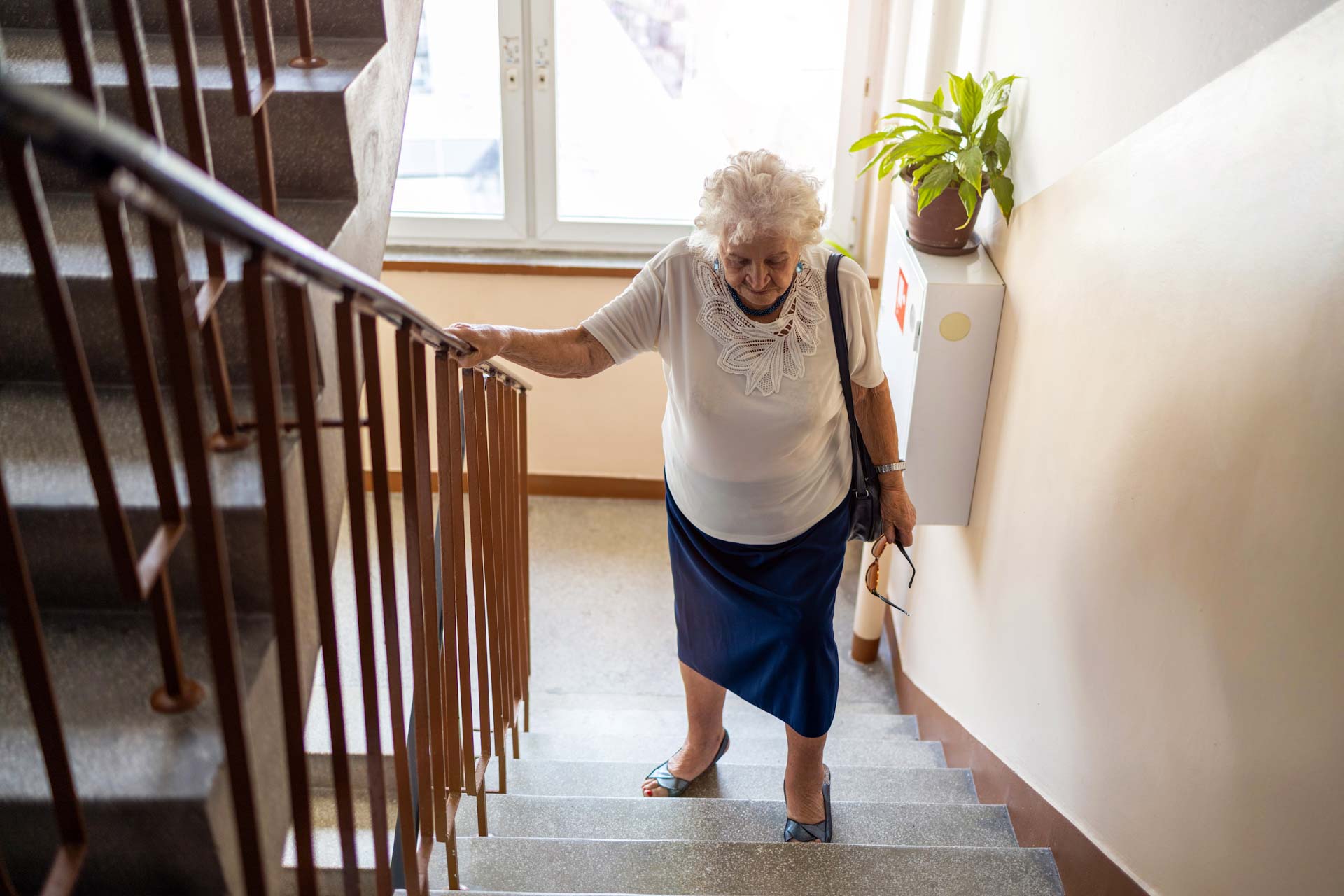Care at Home -v- Care Home. What are the pros and cons?

When there comes a time when you are no longer able to live safely alone, due to a condition, a fall, or just general old age, it can be hard to understand the options open to you and to come to terms with needing help. Becoming informed on what is available and carefully weighing up the pros and cons of moving into a care home or paying for carers to come into your home to support you, will help you make the right decision and keep you in control.
The care options can be confusing when trying to balance your head, your heart, and your wallet. Here are pros and cons to both care support options to help give you focus and understand what each option entails:
Care at Home Support
Care at home support is where an elderly person still lives in their own home but receives regular carers visiting to provide all the support needed to keep them living independently.
PROS:
One-to-one care: Care at home services normally offers one-to-one care with the same carer. This means you can build up a friendship.
Flexible care: With Care at home support, you will have a care plan tailored to your needs, if your circumstances change the amount of care can change to ensure you are still living as independently as possible.
Stay at home near friends and family: Staying in your own home and community, surrounded by your memories, objects, home comforts and friends nearby can be a lifeline for some.
Cost can be cheaper: Depending on the amount of support you need, starting with care at home with set hours for carers to visit may be the most cost-effective option.
Furry friends: Care at home support means staying at home with your beloved pets, carers can often help with pet duties too, meaning you can enjoy your furry friend with less stress.
Cons:
No 24-hour support: Carers will only come at set times which might leave you vulnerable at other times depending on your condition. An alarm system, fall detectors, and a bed sensor might help but you may feel you need 24-hour support.
It could get more expensive: Depending on your needs the costs can add up as you juggle your own care with household costs – will you need a cleaner, a gardener, a mobile hairdresser. If your condition worsens and carers need to come for more hours, then costs will increase.
Lack of company: Some elderly people don’t have family and friends around and as the carer only comes for a certain amount of time a day can feel lonely and vulnerable.
Quality of care might vary: There are two types of home care agencies, one that employs their own staff and one that has a network and recommends self-employed carers who will charge a fee. The latter is not regulated by the Care Quality Commission – the body that ensures that agreed standards of care are met.
Residential Care Home
A care home is where an elderly person permanently lives, they move into a care home and receive accommodation, meals, social activities and care support
PROS
Community & social activities: A care home is full of like-minded people and there can be a real sense of community spirit. There is often a timetable for social activities to keep the mind busy and entertained.
Peace of mind: A care home provides care support 24 hours a day 7 days a week, giving you peace of mind that your medication and any other needs will be taken care of as and when you need it.
Meals provided: As a resident, you won’t have to deal with the stress or responsibility of having to cook. All meals are provided, with all nutritional needs met helping to keep you fit and healthy.
CONS:
Lack of privacy: The noise and bustle of a care home can be a welcome attraction for some but for others, it can be an annoyance. Finding space outside your bedroom to spend time alone can be hard and this can be difficult to adjust to.
A different routine: It can be tricky when you spent a lifetime waking up when you want, eating at times that suit you, and going to sleep at an hour of your choice to come into an environment with a set timetable that you will need to adapt to.
Leaving your life behind: It can be sad to leave a house and community you have lived in for many years that is familiar and comfortable. Leaving behind friends and home comforts to go somewhere new can be scary and overwhelming. It’s important to take special belongings and familiar items with you to help settle you in.
Only you know which option suits you best.
Only you and your loved ones can decide on which option suits you best, often this is dictated by the level of care that is required. It’s a hugely important decision that will affect many people but what you must do is let go of the fear and guilt surrounding these options. The most important thing is to be safe and comfortable and to be able to live your life to the fullest of your ability. Whether it’s care at home or a residential care home, know that your carers will be there to offer you support and companionship from day one.
Find out more
Explore our website for more information on Care is Central

New Care Home Coming Soon
Click here
